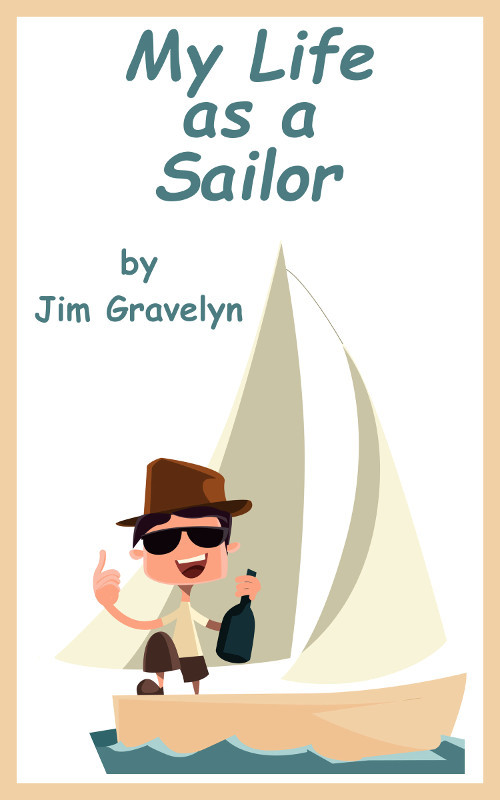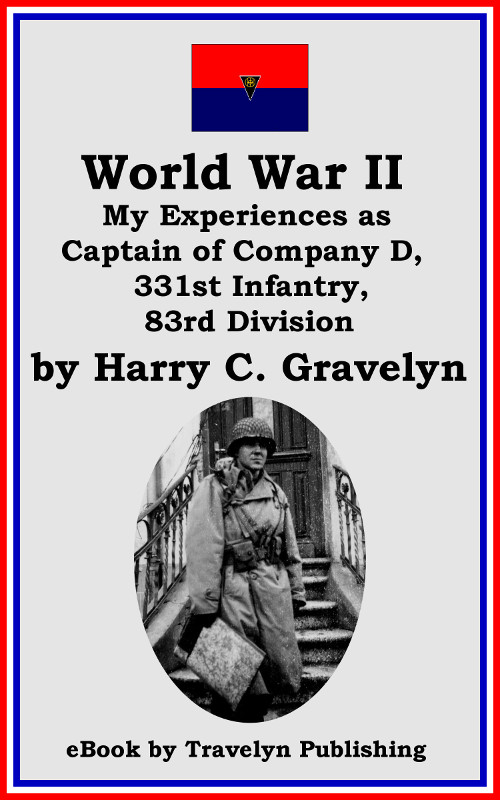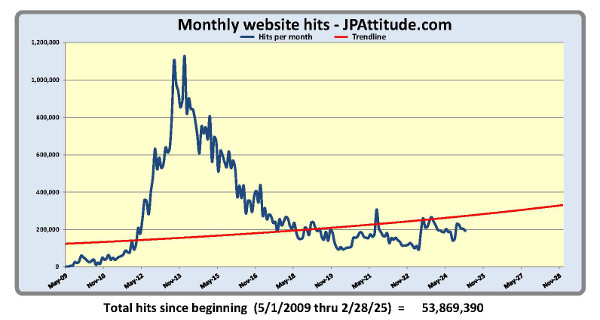The power of words
January 5, 2011
 Nobody respects journalists anymore. In polls, they’re sometimes rated less trustworthy than lawyers which is really saying something considering the general attitude toward lawyers.
Nobody respects journalists anymore. In polls, they’re sometimes rated less trustworthy than lawyers which is really saying something considering the general attitude toward lawyers.Makes you wonder why we have so many lawyer jokes but hardly any journalist jokes. Maybe people figure there’s no point when the butt of the joke isn’t smart enough to get it.
In a 2007 poll of Canadians, only 8% rated “the press” extremely trustworthy, compared to 81% for firefighters. Maybe that explains why “Hi, I’m a firefighter!” is a better pick-up line at a singles bar than “Hi, I’m a journalist!” and nobody is selling calendars featuring photographs of bare-chested journalists.
In a 2009 poll in the UK, doctors rated the highest for trustworthiness. (Maybe the survey didn’t include firefighters.) 90% of respondents said they trust doctors, followed by teachers at 87%. Journalists were dead last—only 19% considered them trustworthy.
Here in the U.S., in a 2010 ethics poll by Gallup, the public rated nurses at the top, with 81% giving them “very high or high” marks for ethical standards. Next came military officers at 73%. “Newspaper reporters” were way down the list at 22%, one percentage point below “Television reporters.” On a positive note, they beat the lawyers who only got 17%. They also beat “Members of Congress,” “Car salespeople,” and “Methamphetamine dealers” although not by a wide enough margin to brag about.
Maybe the general ill repute can be explained by looking at two examples of word choices made by members of the journalism profession—words which are incorrect by definition but favor a generally anti-American, anti-western-civilization, anti-Christian point of view. The first example is how they describe foreigners who sneak into the United States in contravention of immigration laws and the second example is how they describe Muslim suicide bombers.
Imagine a Mexican sneaks across the border (hardly a stretch): he will most likely be described in the news as an “illegal immigrant,” the term recommended by the AP Stylebook which is sort of a basic grammar guide for journalists. Sometimes a journalist will be extra politically correct and call the Mexican sneaker an “undocumented immigrant” so as to avoid hurting the guy’s feelings. Trouble is, both of those terms are incorrect because they use the word “immigrant.”
The Mexican is not an immigrant because that word, by definition, expresses the notion of settling down in a new country and becoming a permanent resident, neither of which is possible in the United States without legal papers.
im-mi-grant—noun—a person who migrates to another country, usually for permanent residence; a person who comes to a country in order to settle thereThe Mexican is actually, by definition, an “alien.”
al-i-en—noun—a resident born in or belonging to another country who has not acquired citizenship by naturalization (distinguished from citizen); a foreignerThere are various types of legal aliens traipsing around the U.S. all the time: visitors, students studying at universities, diplomats, foreign businessmen, people working temporary jobs, applicants for citizenship, etc. All of these aliens have presented passports upon arrival, filled out any necessary forms, and agreed to follow our rules while they’re here—that’s what makes them “legal” aliens.
The Mexican who snuck across the border at night did none of that and fits in none of the various categories of legal aliens, and is therefore properly and most accurately termed an “illegal alien.”
That’s by definition.
On December 2, 2010, the Society of Professional Journalists’ Diversity Committee announced a year-long campaign to convince journalists that even the politically-correct, inaccurate, AP Stylebook-recommended “illegal immigrant” is too hurtful and persuade them to use “undocumented immigrant” or “undocumented worker” instead.
 Good grief, no wonder journalism is the Rodney Dangerfield of professions.
Good grief, no wonder journalism is the Rodney Dangerfield of professions.Yes, it’s true, an illegal alien is undocumented but that’s only part of what he is. If I see a Siberian tiger standing behind you about to pounce and say, “Hey, there’s a cat behind you,” my words are technically correct but qualitatively worthless. Same thing with calling illegal aliens “undocumented.”
As for that “worker” nonsense, what are they going to call illegal aliens who don’t have a job? Undocumented unworkers?
Why are journalists so intent upon using words that are not accurate? Makes you wonder what masters they serve.
The same thing happens when they describe Muslim suicide bombers. Inevitably they use the word “martyr” in connection with these creeps but you cannot, by definition, commit suicide and be a martyr.
mar-tyr—noun—a person who willingly suffers death rather than renounce his or her religion; a person who is put to death or endures great suffering on behalf of any belief, principle, or causeNotice there is nothing in there about suicide and nobody is putting any Muslims to death because of their religion or trying to make them renounce Mohammad. Furthermore, the Koran and the Bible (from which the Koran is derived) both have numerous passages which explain why suicide is forbidden by God.
Yet journalists persist in calling people martyrs who are clearly something else:
“Ms. Barayeva made a martyr video, as many suicide bombers do before their attacks.” (New York Times Op-Ed, 3/30/10)No, Ms. Barayeva made a suicide video.
“The growing use of women on suicide missions by Islamist groups is significant because it flies in the face of deeply held religious beliefs that Muslim women should not be warriors. It's not clear whether the use of mujaheda, or female martyrs, will spread in jihadist conflicts, but these operations appear to be expanding geographically, as the recent U.S. warning of female suicide bombers indicates.” (United Press International, 2/2/10)Mujaheda are female warriors, not female martyrs, and when they commit suicide they are simply female suicides.
“In Gaza, there is a cult of the suicide bomber. There is no higher calling, no higher fashion statement, than the bomb around the belt. The martyr is worshipped. He is on walls and in windows.” (CBS News.com, 5/25/03)No, the suicide bombers might be worshipped as though they are martyrs but they are, in reality, not.
Some journalists feel conflicted about the inherent dishonesty of using the word martyr to describe suicidal maniacs. You can tell because they often put the word in quotes which is a cowardly way of divorcing themselves from the responsibility of what they are doing:
“In southern Afghanistan on Sunday, suicide bombers killed six American soldiers by detonating themselves in an explosives-packed minibus at the entrance of a NATO base. Two weeks earlier, volunteer Muslim ‘martyrs’ killed five Americans in eastern Afghanistan.” (Charleston Gazette editorial, 12/17/10)Somebody should tell the Guardian that it doesn’t matter what some nutjobs from Arabia call the suicide bombers. As an English-language newspaper published in England they have a responsibility to honor dictionary definitions of English words.
“Al-Hanin forum members refer to Abdaly as a ‘martyr’ and the Stockholm blasts as a ‘martyrdom operation,’ invoking the blessings of Allah.” (UK Guardian, 12/13/10)
Words have meaning and those meanings are important. We are bound to each other and to our culture by language, and, when language is abused, our culture is abused. In both these examples of journalists misusing words, the effect is an attack on our way of life.
By playing this game, by engaging in propaganda that is harmful to us, the profession of journalism reveals itself as our enemy: hence the large and growing dislike for journalists, the rapidly diminishing number of newspaper readers, and the plummeting ratings for network television news shows.
They’re getting exactly what they deserve.
From Reno, Nevada, USA
January 6, 2010 - I read your column and thought you were a little over-the-top in saying that journalists are the enemy. Then I read that Newsweek just named Cuba one of the "Best Countries in the World." WTF!? You're right, they are the enemy! - MaryBeth, Tennessee
January 5, 2010 - Or more succinctly stated: The magnificent megalomania of the wordsmith J.P. has finally reached its apogee! Happy New Year? - J.K., Michigan
January 5, 2010 - Respectfully J.P., as you fortuitously institute the aforementioned commentary pertaining to the agenda of locution, would you or your agents salubriously use polls to govern the fourth estate antagonistic to the actuality of the preponderance of martyrs do not die willingly, (Steven Biko Geronimo, Ghandi,etc). Technically incorrect immigrants DO reside in alien countries, as polls are generated for utilization by the press. An analogy to Rodney Dangerfield is a loud murmur of assent by this writer save a comparison to Norm Crosby in the company of political rhetoric word usage designed with a bent in the disguised direction of implication is prevalent by political lawyering. That said, how many definition gaffes can the (apparently wishing to remain anonymous) conservative writer from Reno find in the word asshole? - Ray K., Michigan
J.P. replies: Yeah, I read about it, too. If you want to get even more angry about it, read this.
January 5, 2010 - Or more succinctly stated: The magnificent megalomania of the wordsmith J.P. has finally reached its apogee! Happy New Year? - J.K., Michigan
January 5, 2010 - Respectfully J.P., as you fortuitously institute the aforementioned commentary pertaining to the agenda of locution, would you or your agents salubriously use polls to govern the fourth estate antagonistic to the actuality of the preponderance of martyrs do not die willingly, (Steven Biko Geronimo, Ghandi,etc). Technically incorrect immigrants DO reside in alien countries, as polls are generated for utilization by the press. An analogy to Rodney Dangerfield is a loud murmur of assent by this writer save a comparison to Norm Crosby in the company of political rhetoric word usage designed with a bent in the disguised direction of implication is prevalent by political lawyering. That said, how many definition gaffes can the (apparently wishing to remain anonymous) conservative writer from Reno find in the word asshole? - Ray K., Michigan
J.P. replies: Damn, Ray, what are you smokin’?













